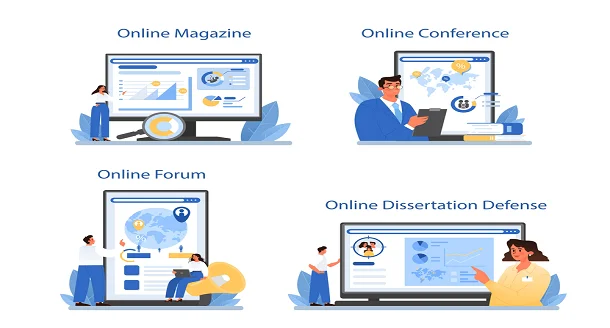
There are two kinds of forensic science degree programs in the U.S., a Master’s degree and a PhD program. The first focuses on basic courses, while the second focuses on advanced research. In both cases, the dissertation is the culmination of the study. Both programs require students to take a common core of advanced forensic science courses. This complete guide is also on Postgraduate Dissertation Examples of forensic science.
CSFS accredited forensic science degree:
Forensic science graduates have advanced data interpretation, problem-solving, and communication skills. These skills are invaluable in a competitive job market. Graduates can join the Chartered Society of Forensic Sciences (CSFS) and develop valuable contacts. Depending on the field, graduates may need to complete further study, including a PhD, to advance their careers.
The CSFS accredited forensic science degree program prepares students for academia, government laboratories, and private sector careers. It provides students with an advanced curriculum and hands-on training in crime scene investigation. In addition, students learn about the role of forensic scientists in criminal justice and are exposed to court proceedings. They work with police investigators, forensic experts, and criminal lawyers to gain valuable experience.
Key areas of the field:
Students pursuing a forensic science degree will develop knowledge and skills in three key field areas: the crime scene, the laboratory, and the court. Additionally, they will study the role of digital infrastructures in crime prevention. In addition, they will learn how to evaluate different approaches to evidence evaluation critically. As they develop their skills and gain more experience, they will be prepared to testify in court and make evidence to the court.
Courses in forensic psychology:
A forensic psychology course focuses on research methods and statistical analysis. Students review scientific theory, choose a research topic, design and conduct their research, and analyze their results. Before enrolling in a forensic psychology program, prospective students should research the school’s accreditation. Schools receive periodic quality assessments from an accredited third-party agency such as the Council for Higher Education Accreditation. These accreditations can be national or regional.
Forensic psychology courses also focus on psychological theories and the field’s history. Students will study topics such as interviewing, crisis intervention, and trauma. In addition, students will examine legal issues related to forensic psychology. The course also teaches students about ethical considerations when evaluating a case.
Timing of programs:
Depending on the agenda, students can complete a certificate or degree program in forensic psychology. A certificate program can last seven to 50 credit hours, while a master’s program will last approximately two years. In addition, students can also complete a thesis to earn an additional degree. Some forensic psychology courses also involve an internship, which may be required to graduate.
Bachelor’s degree is necessary for the forensic psychology degree program:
Before beginning a forensic psychology degree program, it is essential to have a bachelor’s degree in psychology or a related field. The government highly regulates the area. Students who wish to become forensic psychologists must complete rigorous study and supervised training hours. Additionally, they may not be paid.
Work experience for forensic psychology graduate students:
If you are considering a career in forensic psychology, you may be interested in getting some work experience to boost your resume. Internships in the field can help you develop important skills, such as research and communication skills. They can also help you identify a speciality and make connections that can lead to employment after graduation.
Apply for licensure in forensic psychology job:
To find a job in forensic psychology, you should apply for licensure in your state. For this, you must have work experience and a license in your state. This way, you can build relationships with potential employers and get recommendations from them. A strong network of people with access to open positions will make finding a job easier.
Author Bio:
Carmen Troy is a research-based content writer, who works for Cognizantt, a globally recognized professional SEO service and Research Prospect; an 论文和论文写作服务 Mr Carmen holds a PhD degree in mass communication. He loves to express his views on various issues, including education, technology, and more.

